Wow great post! Cyathea cooperi, also known as the Australian tree fern, lacy tree fern, scaly tree fern, or Cooper’s tree fern, is a tree fern native to Australia, in New South Wales and Queensland.
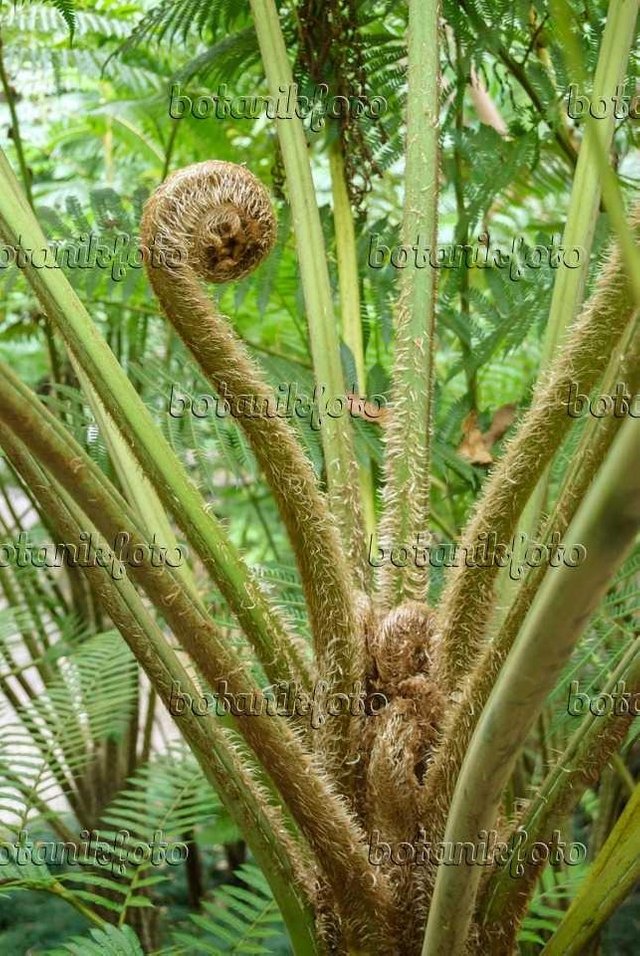
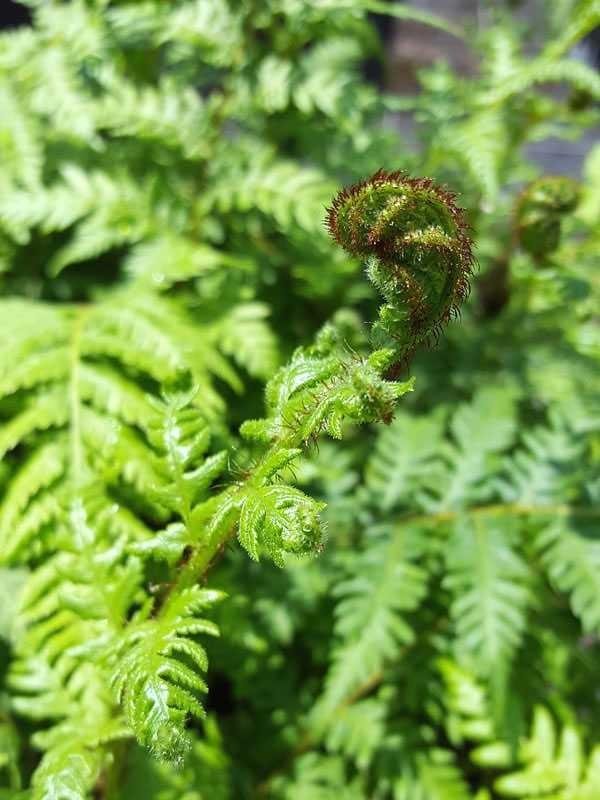
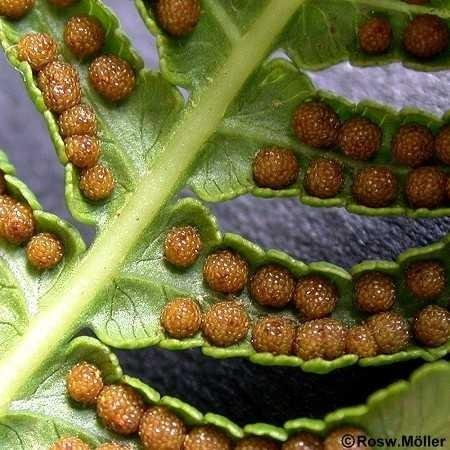
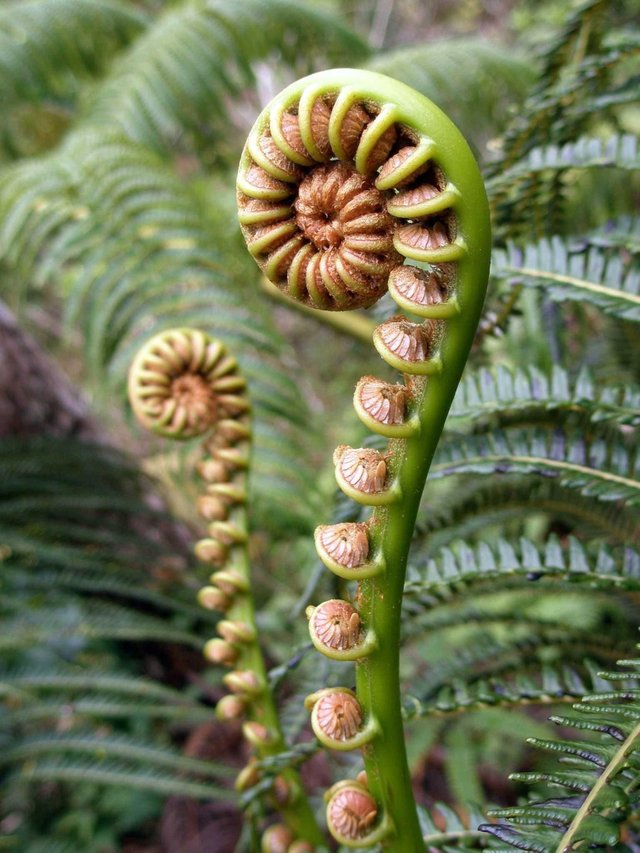
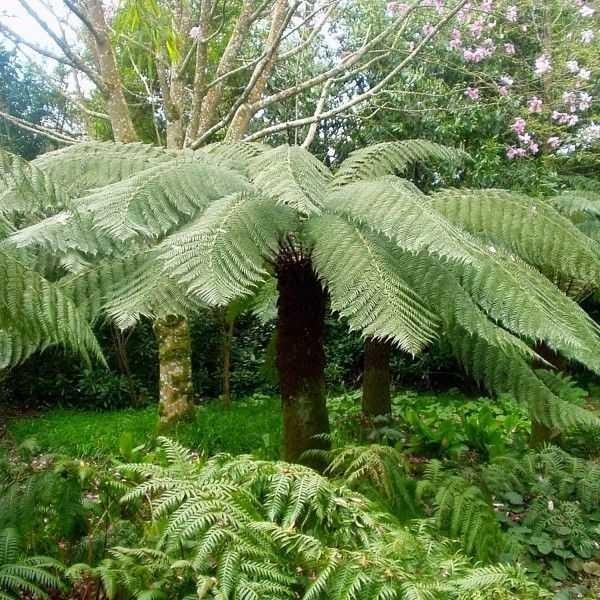
Cyathea cooperi is a medium-to-large fast growing tree fern, to 15 metres (49 ft) in height with a 12-inch (30 cm) thick trunk. The apex of the trunk and unfurling crosiers are particularly attractive, covered as they are with conspicuous long, silky, straw colored scales. The crown is widely spread and the light green fronds may reach a length of 4–6 metres (13–20 ft). The Cyathea cooperi can also very rarely be found in the colour of a pale pink with an orange stripe going down the middle. This is extremely rare and can be worth about 2,000 dollars.
Cyathea cooperi is one of the most commonly cultivated tree ferns as an ornamental plant. It is used in gardens and public landscaping. It is hardy and easy to grow. Heavy frosts may kill the fronds, but plants recover quickly. The plant prefers protected, shady moist conditions but can be grown in sunny areas. It does not do well in full sun and must be well watered.
It is sometimes mislabeled in the nursery industry as Cyathea australis.
It has naturalised in Western Australia, South Australia, and parts of New South Wales where it is not native. It has also naturalized in Hawaii and has become a problem there as an aggressive invasive species.
Although Cyathea cooperi has been overwintered successfully in England and other cool climates, I do not generally tend to recommend it to gardeners in such locations unless they really want it for their collection, or it is the only species they can get hold of. It is not particularly cold-hardy; and the fronds will usually burn at about 27°F or so. Complete mortality generally occurs below 22°F, though some have recovered. It is, in fact, the least hardy species of Cyathea to which I have given a sub-page of its own (and I've done this only because it is such a well-known species). My reasoning is that if you are willing to go to the trouble of overwintering such a cold-tender treefern in a zone 8 or 9a climate, some equally hardy yet far more spectacular species such as C. brownii, C. howeana, and C. robusta are more worth your effort. C. cooperi grows very easily from spore.
Source: